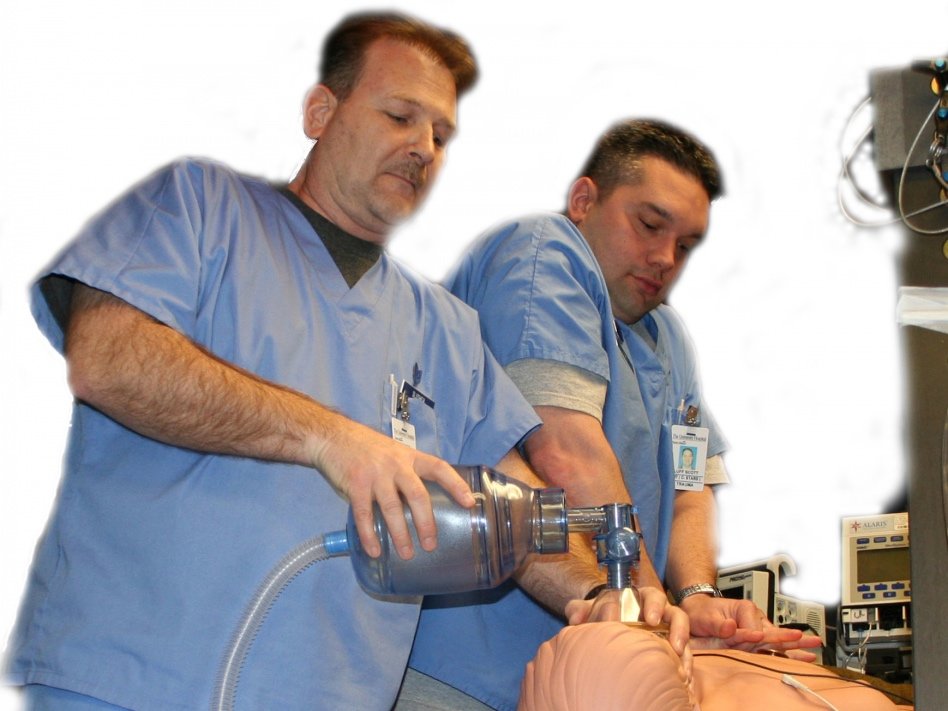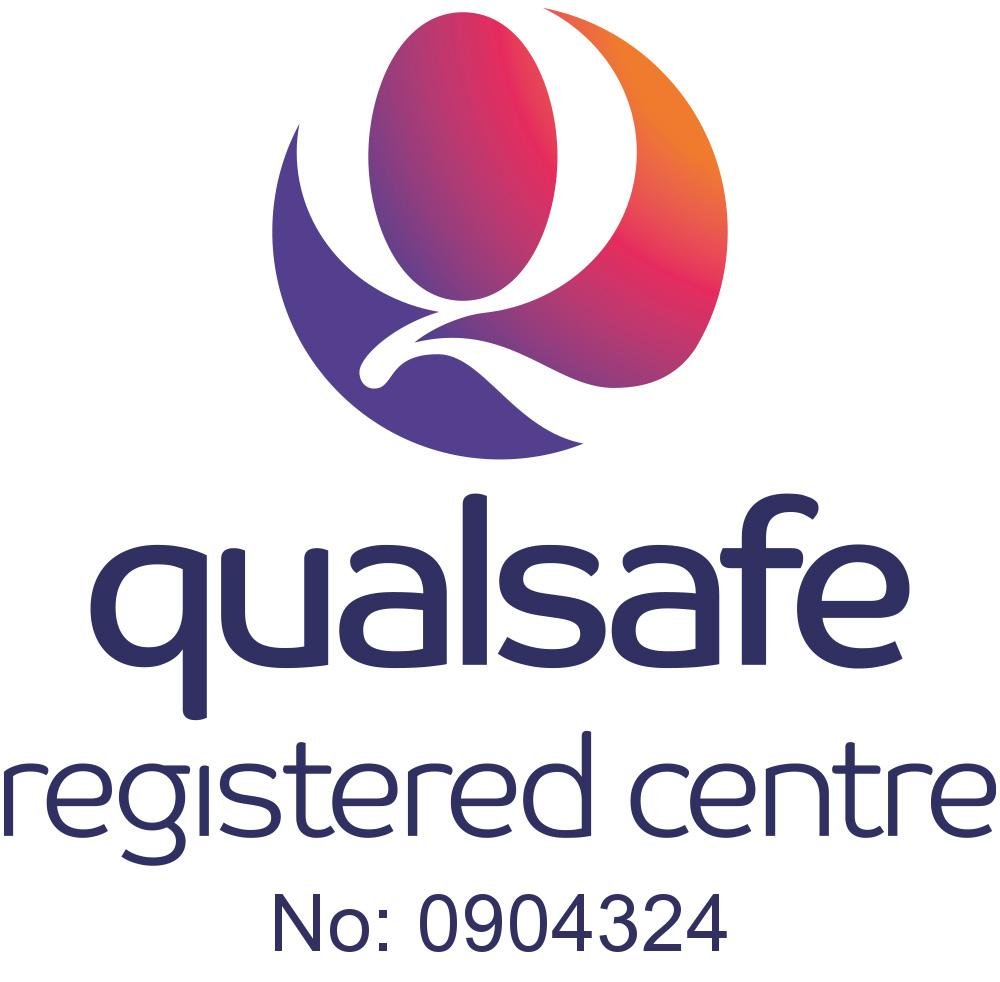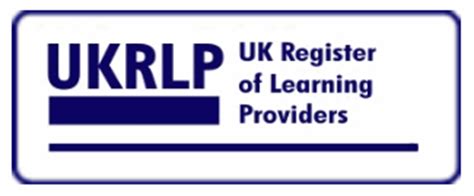All dental professionals need to undertake CPD. It is a vital part of the regulatory system that protects the public and patients…. we recommend at least 10 hours of medical emergencies training in each CPD cycle, and at least two hours of this type of activity every year.
General Dental Council
Staff skills requirements
A patient could collapse on any premises at any time, whether they have received treatment or not. It is therefore essential that all dentists, hygienists and therapists registered with the General Dental Council, must be trained in dealing with medical emergencies, including resuscitation, and possess up to date evidence of capability.
Scope of practice
Registrants must know their role in the event of a medical emergency, and ensure they are sufficiently trained and competent to carry out that role.
If the setting in which you work changes, your role in the event of a medical emergency may change as well. You must ensure that you are suitably trained and competent to carry out your new medical emergency role.
Training
The Life Support and Medical Emergencies in Dental Practice training delivered by Simply First Aid provides opportunities for you to practice delivering essential life saving skills, utilising the equipment and drugs that you have available to you in practice, in order to meet your skills requirements.
Rates
In-house training - (excluding VAT)
Adult Basic Life Support
(2 hrs) - £375
Adult Basic Life Support in Clinical Practice
(3 hrs) - £400
Basic Life Support for Adults, Children and Infants in Clinical Practice
(4 hrs) - £500
Immediate Life Support for Medical Emergencies in Dental Practice
(1 day) - £825
Basic Life Support and Medical Emergencies refresher training
(4 hrs) - £500
Basic Life Support for Adults, Children and infants, with Medical Emergencies refresher training
(5 hrs) - £600
Adult Basic Life Support - CSTF L2
Qualification: Basic Life Support for Adults
Duration: 2 hours
Number in Group: up to 12 people
In-house cost: £375 for up to 12 people (excluding VAT)*
This is suitable for anyone needing to refresh their life support skills and meets the core skills training framework (CSTF) requirements for level 2 Resuscitation - Adults. It is delivered over 2 hours and is valid for 1 year.
The Learner Outcomes are as follows:
Be able to assess an emergency situation safely
Be able to provide first aid to an unresponsive casualty who is not breathing normally
Be able to provide first aid to an unresponsive casualty who is breathing normally
Be able to provide first aid to a casualty who is choking
*Do you have larger groups of people to train? We are happy to deliver this training for up to 24 people at a time. You will need allow an additional 30 minutes for the training
Adult Basic Life Support in Clinical Practice
Qualification: Basic Life Support for Adults in Clinical Practice
Duration: 3 hours
Number in Group: up to 12 people
Cost: £400 for up to 12 people (excluding VAT)*
This is suitable for anyone working in a clinical environment, and covers additional topics such as special considerations for CPR and AED, the use of oropharyngeal airways, use of bag-valve-mask devices, oxygen safety and anaphylaxis. It is delivered over 3 hours and is valid for 1 year.
The Learner Outcomes are as follows:
Be able to assess an emergency situation safely
Be able to provide first aid to an unresponsive casualty who is not breathing normally
Be able to provide first aid to an unresponsive casualty who is breathing normally
Be able to provide first aid to a casualty who is choking
Be able to provide first aid to a casualty with anaphylaxis
*Do you have larger groups of people to train? We are happy to deliver this training for up to 24 people at a time. You will need allow an additional 30 minutes for the training
Basic Life Support for Adults, Children and Infants in Clinical Practice
Qualification: Basic Life Support for Adults, Children and Infants in Clinical Practice
Duration: 4 hours
Number in Group: up to 12 people
Cost: £500 for up to 12 people (excluding VAT)*
This is suitable for anyone working in a clinical environment, and covers additional topics such as special considerations for CPR and AED, the use of oropharyngeal airways, use of bag-valve-mask devices and oxygen safety. It is delivered over 4 hours and is valid for 1 year.
The Learner Outcomes are as follows:
Be able to assess an emergency situation safely
Be able to provide first aid to an unresponsive casualty who is not breathing normally
Be able to provide first aid to an unresponsive casualty who is breathing normally
Be able to provide first aid to a casualty who is choking
Be able to provide first aid to a casualty with anaphylaxis
*Do you have larger groups of people to train? We are happy to deliver this training for up to 24 people at a time. You will need allow an additional 30 minutes for the training
Immediate Life Support for Medical Emergencies in Dental Practice
Qualification: Immediate Life Support for Medical Emergencies in Dental Practice
Duration: 1 day
Number in Group: up to 12 people
Cost: £825 (excluding VAT)
This is suitable for anyone working in a clinical environment, and covers additional topics such as special considerations for CPR and AED, the use of oropharyngeal airways, use of bag-valve-mask devices and oxygen safety. It is delivered over 1 day and is valid for 1 year.
The Learner Outcomes are as follows:
Be able to recognise the seriously ill adult and initiate appropriate interventions to prevent cardiorespiratory arrest
Understand and be able to apply the ABCDE approach
Be able to assess an emergency situation safely
Be able to provide first aid to an unresponsive casualty who is not breathing normally
Be able to provide first aid to an unresponsive casualty who is breathing normally
Be able to provide first aid to a casualty who is choking
Know how to manage and co-ordinate roles and responsibilities within the team in responding to emergency situations until the arrival of a resuscitation team or more experienced assistance
Be able to participate as a member of the resuscitation team
Be able to provide initial post resuscitation care until the arrival of the resuscitation team or more experienced assistance.
Adult Basic Life Support and Medical Emergencies Refresher
Qualification: Adult Basic Life Support and Medical Emergencies in Dental Practice
Duration: 4 hours
Number in Group: up to 12 people
Cost: £500 (excluding VAT)
This is suitable for anyone working in dental practice, and covers topics such as special considerations for CPR and AED, the use of oropharyngeal airways, use of bag-valve-mask devices, oxygen safety a review of medical emergencies that may be encountered in dental practice and how medications may be used to help manage the situation. It is delivered over 4 hours and is valid for 1 year.
The Learner Outcomes are as follows:
Be able to assess an emergency situation safely
Be able to provide first aid to an unresponsive casualty who is not breathing normally
Be able to provide first aid to an unresponsive casualty who is breathing normally
Be able to provide first aid to a casualty who is choking
Be able to provide first aid to a casualty with anaphylaxis
Be able to provide first aid to a casualty who is experiencing breathing difficulty
Be able to provide first aid to a casualty with chest pains
Be able to provide first aid to a casualty who is feeling faint
Be able to provide first aid to a hypoglycaemic casualty
Be able to provide first aid to a casualty with. seizures
Be able to recognise the seriously ill adult
Basic Life Support for Adults, Children and infants, with Medical Emergencies refresher training
Qualification: Basic Life Support for Adults, Children, Infants and Medical Emergencies in Dental Practice
Duration: 5 hours
Number in Group: up to 12 people
Cost: £600 (excluding VAT)
This is suitable for anyone working in dental practice, and covers topics such as special considerations for CPR and AED, the use of oropharyngeal airways, use of bag-valve-mask devices, oxygen safety a review of medical emergencies that may be encountered in dental practice and how medications may be used to help manage the situation. It is delivered over 5 hours and is valid for 1 year.
The Learner Outcomes are as follows:
Be able to assess an emergency situation safely
Be able to provide first aid to an unresponsive casualty who is not breathing normally
Be able to provide first aid to an unresponsive casualty who is breathing normally
Be able to provide first aid to a casualty who is choking
Be able to provide first aid to a casualty with anaphylaxis
Be able to provide first aid to a casualty who is experiencing breathing difficulty
Be able to provide first aid to a casualty with chest pains
Be able to provide first aid to a casualty who is feeling faint
Be able to provide first aid to a hypoglycaemic casualty
Be able to provide first aid to a casualty with. seizures
Be able to recognise the seriously ill adult, child or infant
“Because in real emergencies, outcomes depend as much on judgement and human factors as on technical skill — reflective practice helps people apply what they know safely under pressure.”















